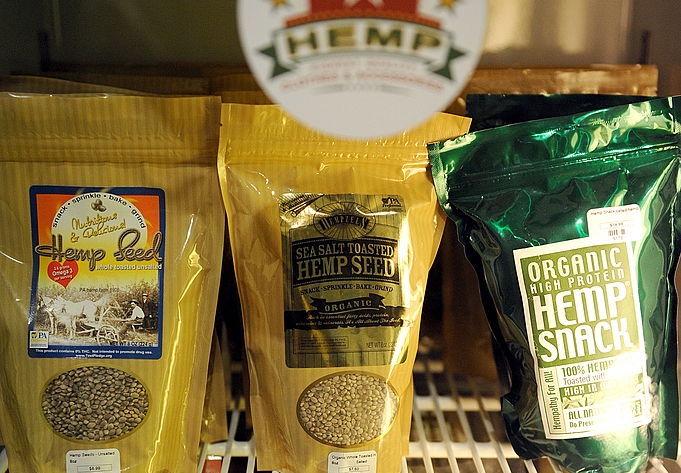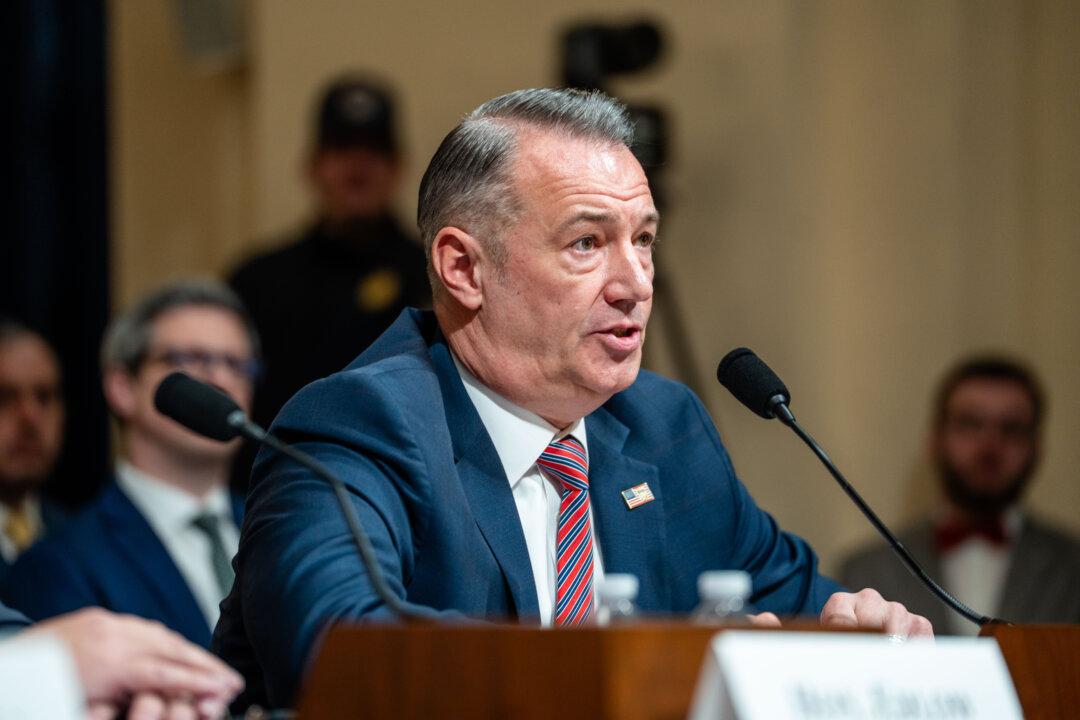The California Department of Public Health has proposed emergency regulations on hemp products sold in the state that officials say could cause adverse effects on children.
Gov. Gavin Newsom announced the emergency regulations weeks after a hemp regulation bill, Assembly Bill 2223, failed to pass the Senate Appropriations Committee in August. The legislation faced strong opposition from hemp industry advocates and lobbyists who called it a “bureaucratic power grab.”





